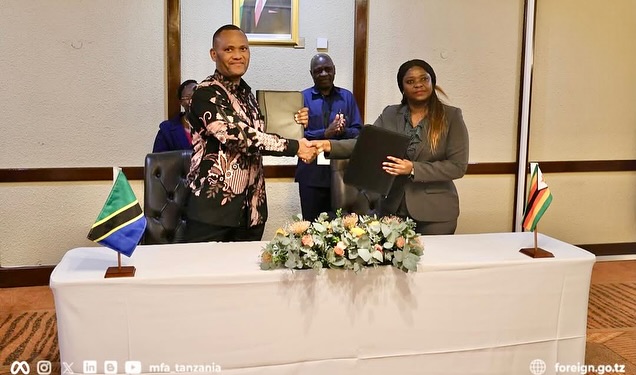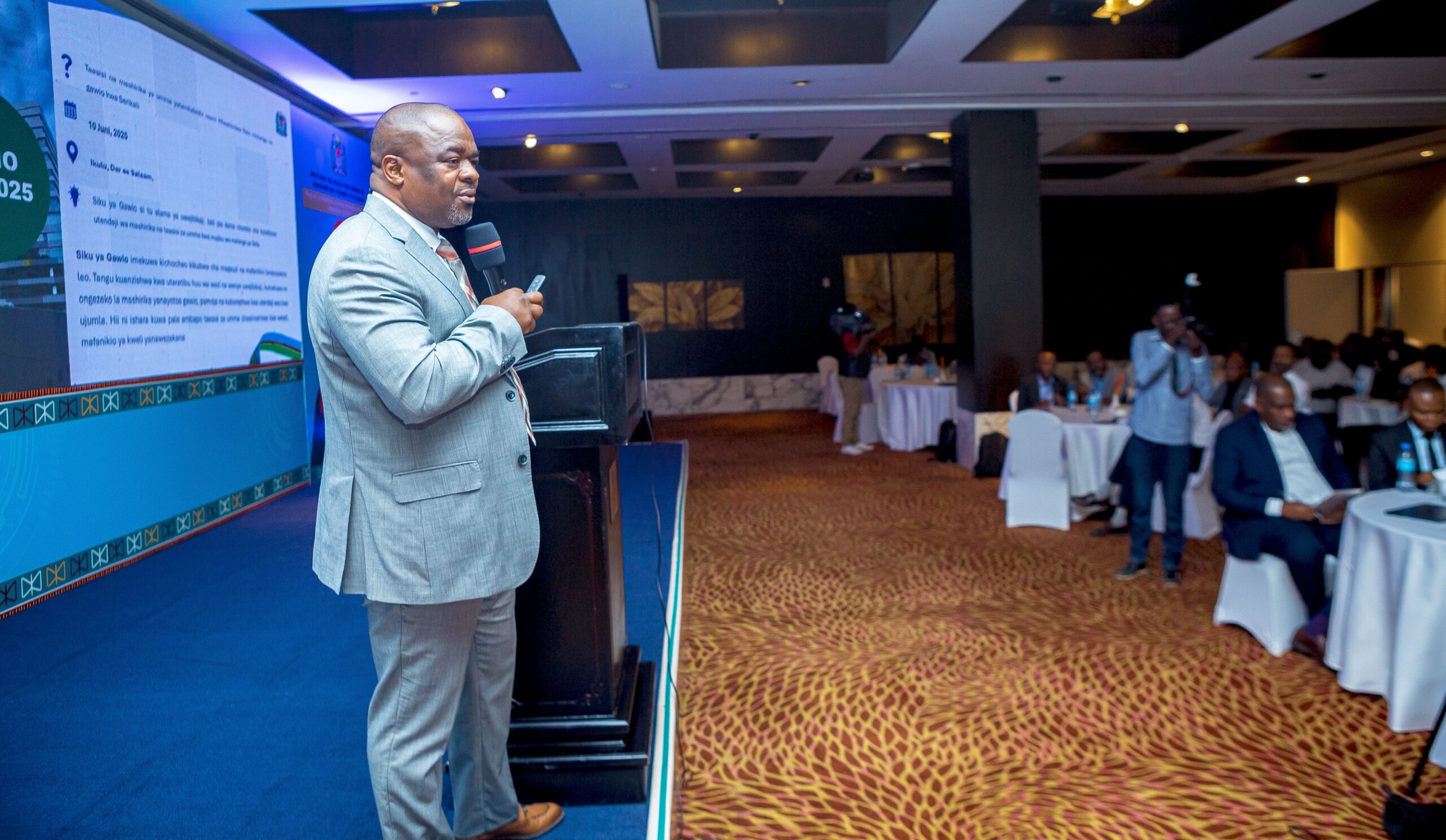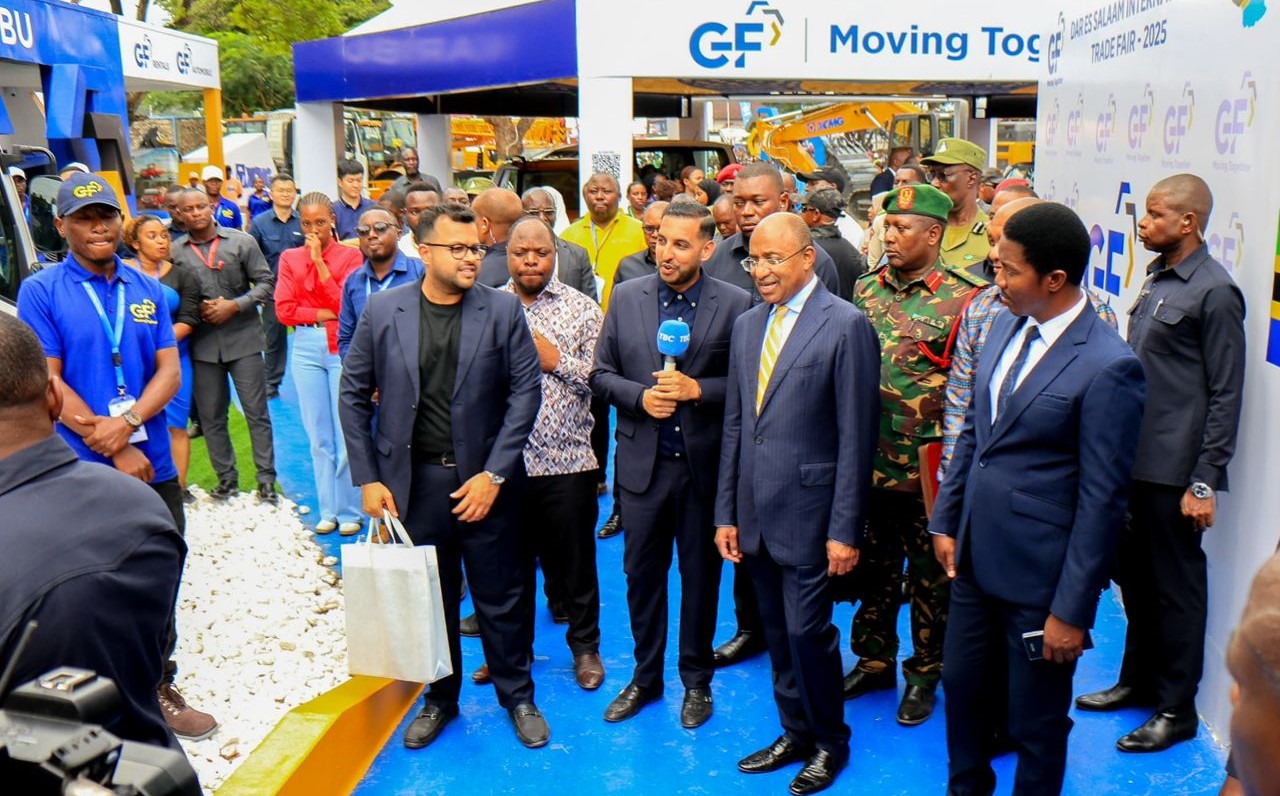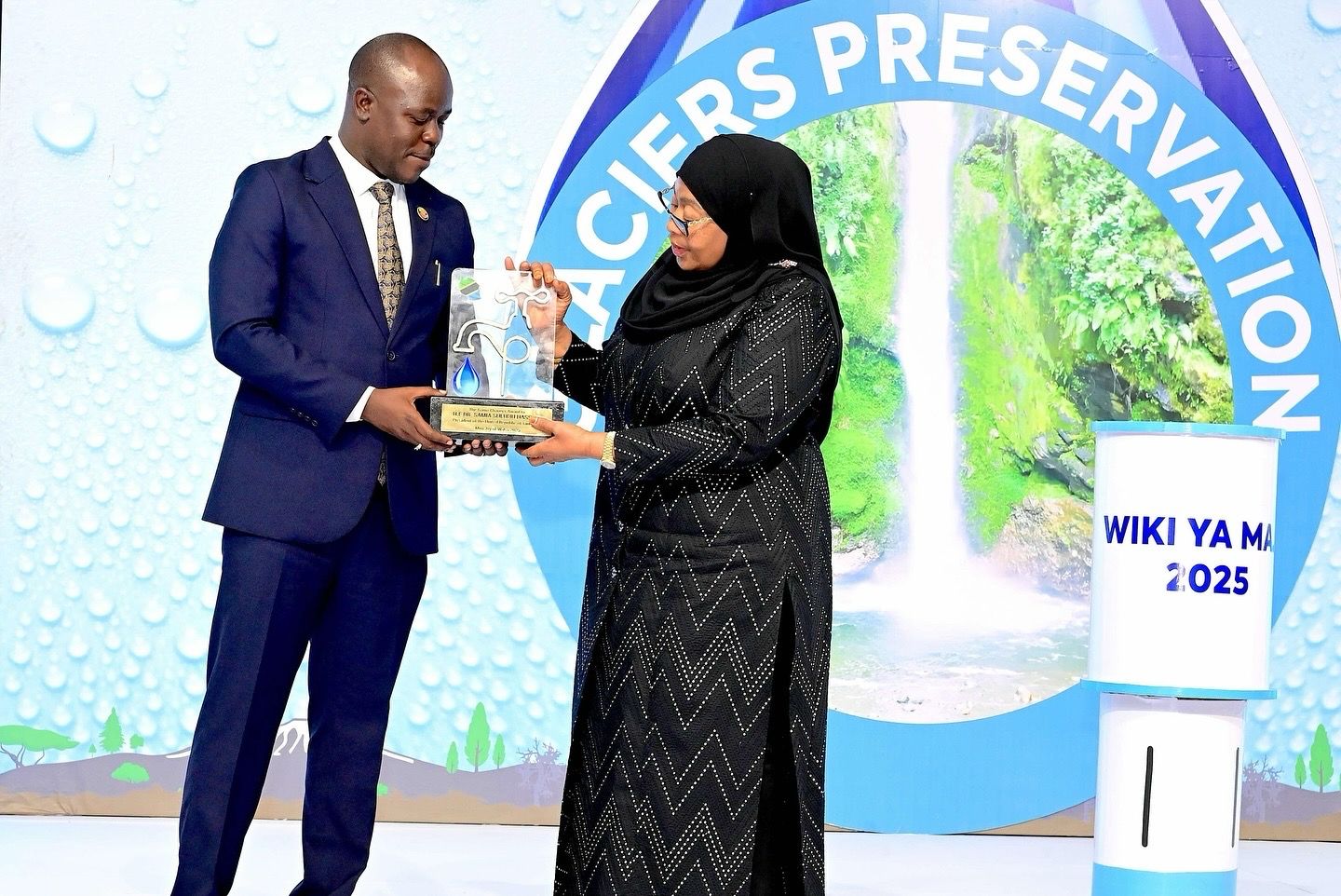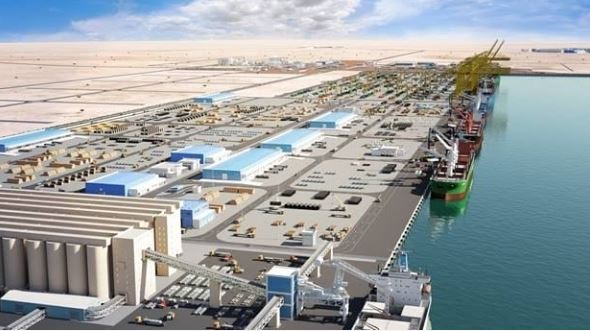Harare. The Tanzanian delegation that participated in the 22nd Africa–Nordic Foreign Ministers’ Meeting has been urged to develop a practical implementation plan aimed at strengthening collaboration between the two regions.
The Minister for Foreign Affairs and East African Cooperation, Ambassador Mahmoud Thabit Kombo said that while the dialogue had yielded significant achievements, there was a pressing need to establish time-bound and measurable objectives to ensure tangible outcomes.
Speaking on the sidelines of the 22nd Africa–Nordic Foreign Ministers’ Meeting Ambassador Kombo noted that the government was continuing with policy and legal reforms designed to improve the business and investment climate, in line with the aspirations of Tanzania’s Development Vision 2050.
He highlighted ongoing initiatives in renewable energy, rail infrastructure, and private sector development as key drivers of economic transformation under the vision.
The minister also underscored the importance of leveraging emerging economic opportunities through strategic partnerships with Nordic countries in technology, education, clean energy, trade, and investment.
Ambassador Kombo further emphasised that effective cooperation between the government and the private sector would enhance the successful implementation of national development strategies.
“Our engagement with Nordic partners should be results-oriented and aligned with our broader economic transformation agenda,” he stated.
On his part, the President of the Tanzania Chamber of Commerce, Industry and Agriculture (TCCIA), Mr Vicent Minja, who was among the participants, stressed the critical role of the private sector in complementing government efforts to harness international economic opportunities.
“We need a robust monitoring framework to track the implementation of international commitments such as these. The private sector is ready to work closely with the government to ensure that the opportunities arising from Tanzania’s cooperation with Nordic countries translate into increased investment and industrial growth,” said Mr Minja.
Tanzania and Zimbabwe sign trade cooperation agreement
In a related development, the Tanzania Chamber of Commerce, Industry and Agriculture (TCCIA) and the Zimbabwe National Chamber of Commerce (ZNCC) signed a memorandum of understanding (MoU) to strengthen trade cooperation between the two countries.
The signing ceremony took place on the sidelines of the Africa–Nordic Foreign Ministers’ Meeting in Victoria Falls, Zimbabwe, on 2–3 October 2025.
The MoU was signed by Mr Minja and Ms Josephine Takundwa, Vice President of ZNCC, with the ceremony witnessed by Tanzania’s Ambassador to Zimbabwe, Police Commissioner (CP) Suzan S. Kaganda, and Zimbabwe’s Secretary-General of the Ministry of Foreign Affairs and International Trade, Ambassador Albert Chimbindi.
The agreement aims to promote, facilitate, and expand economic collaboration between the private sectors of the two nations.
Under the MoU, both sides agreed to organise trade missions, exhibitions, workshops, and business meetings to enhance trade and investment.
They will also exchange vital economic information and statistics to enable members to conduct business efficiently and boost productivity.
Furthermore, the MoU addresses trade challenges, particularly non-tariff barriers, and aims to build business networks connecting entrepreneurs and investors for joint projects benefiting both sides.
The agreement will remain in force for six years from October 2025, with the possibility of extension through additional written agreements.
Through this collaboration, Tanzania and Zimbabwe are expected to open new investment opportunities, increase employment, and strengthen the private sector’s role in driving regional economic growth.
The initiative also demonstrates the commitment of both countries to enhance economic ties and promote sustainable development across Africa.
The Africa–Nordic Foreign Ministers’ Meeting continues to serve as a strategic platform for dialogue, promoting partnerships in sustainable development, trade, green energy, and regional peace and security.

